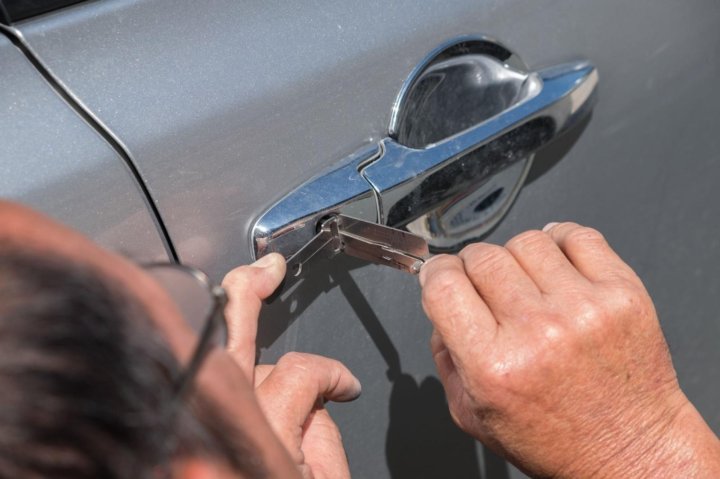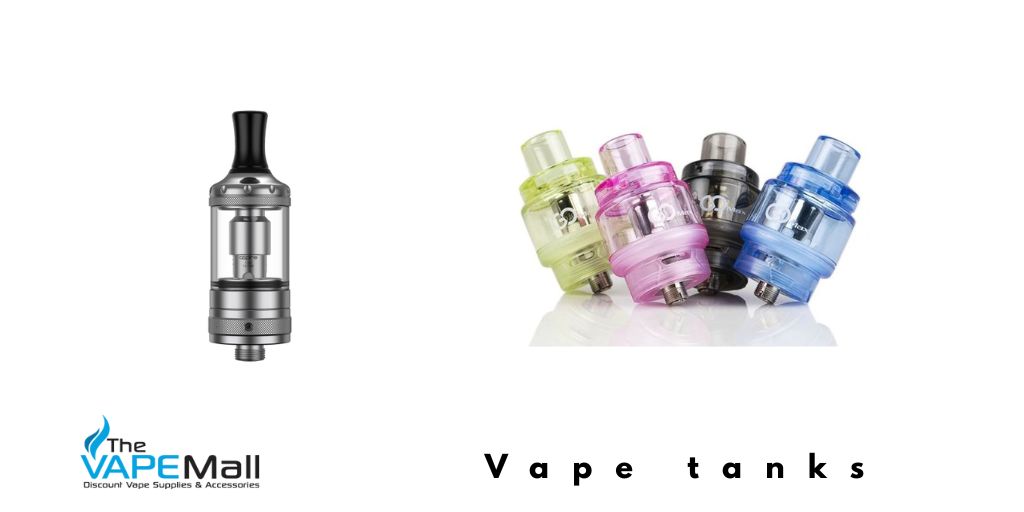
Legal documents are complex. Now imagine trying to make them work across borders. That’s where a legal localization company comes in. These professionals translate legal material not only by translating it, but by rendering it acceptable under the laws of another nation, such as America.
If you’re a law firm, company, or legal tech solution provider serving U.S. clients, proper localization is not a choice. It’s necessary.
Let’s break down how a legal localization company navigates U.S. laws and why hiring a professional translation agency could save you from costly mistakes.
What Is Legal Localization?
Legal localization is more than word-for-word translation of a contract or court document. It’s about modifying legal language, terms, format, and references to satisfy the legal and cultural requirements of the target nation, here, the U.S.
A legal localization company ensures that:
- The legal meaning is preserved.
- The document is compliant with U.S. laws.
- The format and style match U.S. legal standards.
U.S. Laws Are Unique—And Complicated
The U.S. legal system has federal, state, and sometimes even county-level laws. What works in California might not be legal in New York.
For example:
- Privacy laws vary widely. California’s CCPA has different rules compared to other states.
- Employment contracts must follow federal law, but also local labor regulations.
- Terms of Service for websites need to reflect U.S. consumer protection laws, especially if the business operates nationally.
A legal localization company with U.S. law expertise helps you avoid legal conflicts by adapting documents accordingly.
Real-World Example: EU Contract to U.S. Market
A German fintech company wanted to expand into the U.S. They had a standard partnership agreement, originally written under EU contract law.
They worked with a professional translation agency specializing in U.S. legal localization. The agency:
- Rewrote specific clauses that were unenforceable under U.S. law (e.g., some exclusivity agreements).
- Adjusted GDPR references to align with the U.S. data protection framework.
- Localized legal terms to fit American legal English.
Without localization, the agreement would have been rejected by U.S. partners and could’ve led to legal disputes.
How a Legal Localization Company Handles the U.S. Market
1. Specialized Legal Translators
They don’t just translate—they have legal training. A reliable legal localization company hires experts who understand both the source country’s legal system and U.S. law.
For example, if you’re localizing a Japanese licensing agreement for use in Florida, the translator needs to:
- Understand Japanese contract law.
- Know Florida’s business law requirements.
- Convey terms in plain, legally correct U.S. English.
2. State-by-State Customization
The U.S. isn’t one-size-fits-all. A contract that works in Texas may not work in Illinois.
A professional legal localization team will:
- Review local statutes.
- Use proper state-specific terminology.
- Format documents based on jurisdictional norms (e.g., date formats, citation styles).
3. Compliance Checks
Legal localization firms partner with U.S.-licensed attorneys or in-house legal teams to verify that translated content:
- Complies with U.S. federal and state laws.
- Reflects updated regulations.
- Matches standard legal practices in the relevant field (e.g., intellectual property, immigration, tax).
4. Adaptation of Cultural Norms
Cultural understanding matters. In the U.S., legal documents tend to favor clarity and straightforwardness.
So, legal localization often involves:
- Rewriting overly formal phrases from other legal systems.
- Adjusting document structure to meet U.S. expectations.
- Removing legal idioms that don’t translate culturally.
Case Study: Medical Device Company Enters U.S. Market
A Swiss medical device company was entering the U.S. and needed to localize their regulatory compliance documentation.
They chose a professional translation agency with legal and medical localization expertise.
Steps taken:
- Translated CE mark documentation to align with FDA requirements.
- Adjusted legal disclaimers for U.S. consumer protection laws.
- Reviewed liability clauses with a U.S. legal team.
The result? Their documents passed FDA legal reviews without revision—saving months of delays.
Why Not Just Use Machine Translation?
Here’s the risk: Machine translation doesn’t understand law. A misplaced term or incorrect clause could cost you millions in lawsuits or lost deals.
For instance:
- “Shall” and “may” have different meanings in legal documents.
- Inaccurately translated liability waivers might make you legally exposed.
- Misused terms can lead to contract rejection in U.S. courts.
A legal localization company eliminates these risks by using human legal experts, not just software.
What to Look for in a Legal Localization Partner
When choosing a professional translation agency for legal work, look for:
- U.S. Legal Expertise
Ask if they have translators trained in U.S. law or who work closely with U.S. attorneys. - Certifications
Look for ISO certifications or ATA membership. - Client References
Trusted legal localization providers will have experience with law firms, tech companies, and global brands. - Confidentiality Protocols
Legal data is sensitive. Make sure they use NDAs, secure servers, and encrypted delivery.
Final Thoughts
If you plan to operate in the U.S., legal localization is a must. You can’t afford to get legal language wrong in a high-stakes market.
A skilled legal localization company helps you:
- Avoid lawsuits.
- Speed up business processes.
- Build trust with U.S. clients and partners.
So whether you’re entering the U.S. market, working with U.S. clients, or simply need to ensure compliance—partner with a professional translation agency that understands how to make your legal content U.S.-ready.







